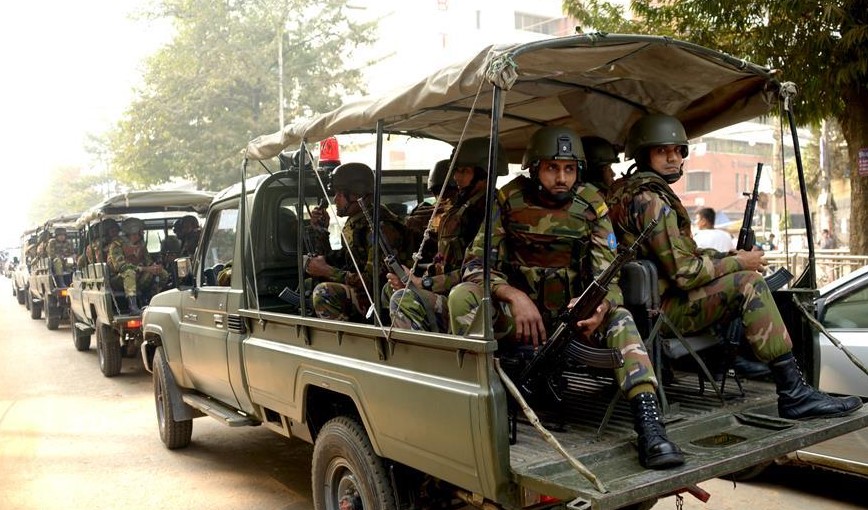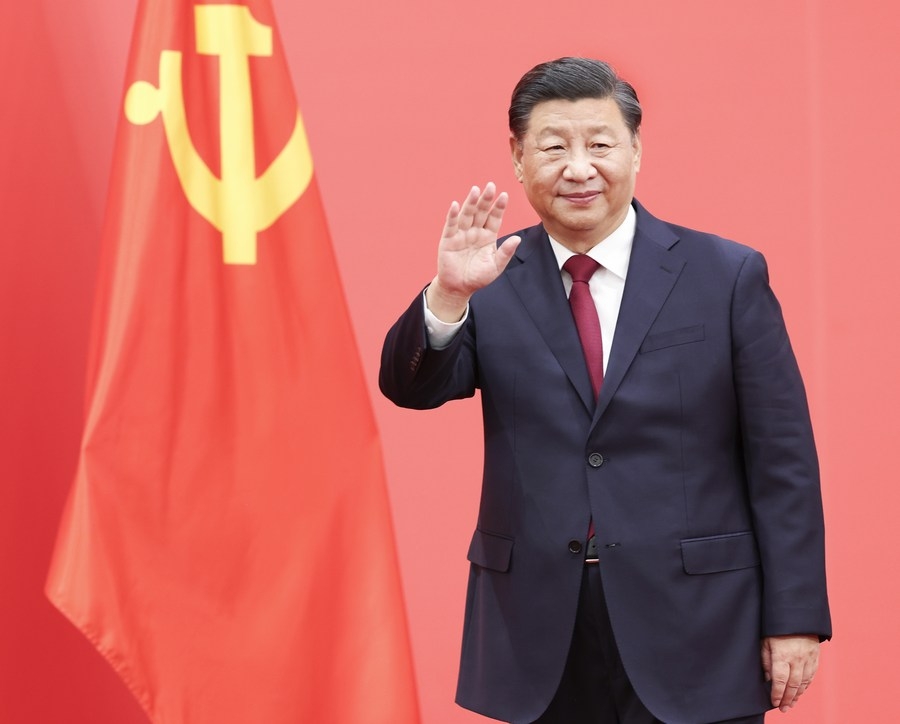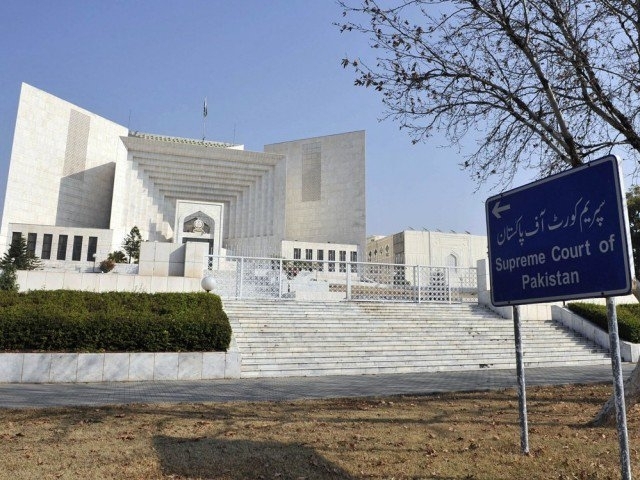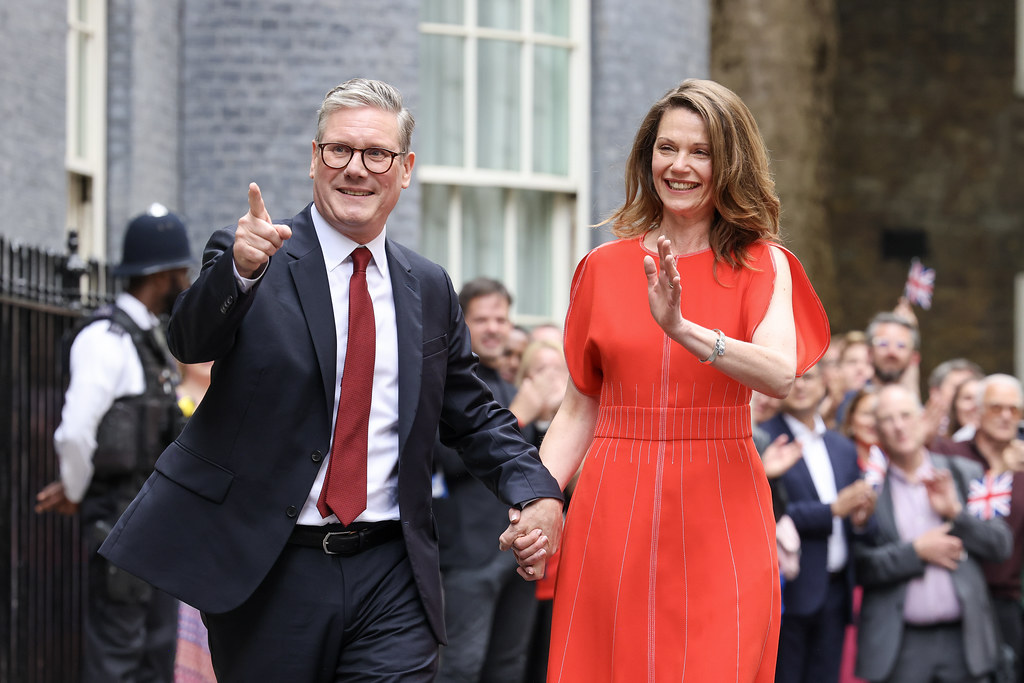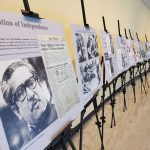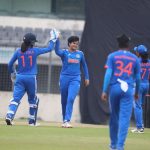Ian Martin, an English human rights activist who witnessed the early days of the conflict in Dhaka, highlighted the importance of remembering these events despite their relative obscurity in the West…reports Asian Lite News
Calls for justice and recognition of the 1971 Bangladesh genocide are intensifying, as highlighted in a recent international event. Organised by ‘Genocide 71,’ an initiative of Mukto Ashor and Bangladesh History Olympiad, the event featured diverse voices emphasising the need for global acknowledgment and education about the atrocities committed by the West Pakistani army and their collaborators.
With eyewitness accounts and advocacy from human rights activists, researchers, and former legislators, the push for international recognition and justice for the victims of the genocide, which resulted in an estimated 3 million deaths, is gaining momentum.
A webinar titled “International Webinar on Bangladesh Genocide, Justice for the victims 53 years and counting!” was organised on Saturday. Muktoi Ashor is a prominent non-governmental organisation from Bangladesh. The webinar was hosted by Priyajit Debsarkar, an independent geopolitical analyst.
The webinar featured a range of speakers, each bringing unique perspectives and expertise. “On March 25th, 1971, 53 years ago, the West Pakistani army, along with local collaborators, perpetrated horrific atrocities in Bangladesh, we pay our tributes and respects to those who fell that day. Their targets were civilians, including students, women, and children. They were eagerly anticipating the restoration of democracy after the General Election of 1970” said Priyajit in his remarks.
Ian Martin, an English human rights activist who witnessed the early days of the conflict in Dhaka, highlighted the importance of remembering these events despite their relative obscurity in the West.
“Enduring memories of my life is standing on the roof of Gulshan on 25th 26th March 1971, hearing the shells, watching the ep rifles and police on targeted assault on Iqbal hall and Dhaka University. Why 1971 has been so less in the public domain in the West, especially from a genocide point of view?” said Martin.
Syed Muntasir Mamun, Chief Innovation Officer, Director General, MoFA Dhaka Bangladesh, emphasised the necessity of preserving eyewitness accounts and tangible evidence to educate future generations about this dark period. “The eyewitness accounts are now available including the tactical and tangible evidence. These have to be made public so the world can have a look. Bangladesh is open to inspection and we are happy to host events and external agencies and experts to carry out their own independent assessment” said Muntasir
Ayreen Khan, a visual artist and researcher, focused on the often-overlooked experiences of women and minority communities during the genocide. Her poignant reminder of the atrocities committed against women, including systematic rape and torture, underscored the urgency of ensuring their stories are heard and acknowledged.
Bob Lancia, a former American legislator, stressed the importance of international recognition through resolutions like the one pending in the U.S. Congress. His advocacy for educational initiatives and memorialization efforts resonated with the broader goal of ensuring that the world does not forget the victims of 1971.
Abu Sayed, (General Secretary BD History Olympiad and Author) speaking on behalf of the organizers, reiterated their commitment to elevating the Bangladesh Genocide to the international forefront. Their efforts include educational workshops, exhibitions, and publications aimed at fostering awareness and recognition worldwide.
The Bangladesh Genocide refers to the systematic and widespread atrocities committed by the Pakistani military and their collaborators in East Pakistan (now Bangladesh) in 1971. Following the declaration of independence by Bengali nationalists on March 26, 1971, the Pakistani military launched “Operation Searchlight,” targeting civilians, intellectuals, political activists, and minority groups. The campaign involved mass killings, rapes, torture, and forced displacement, resulting in an estimated three million deaths and widespread human rights abus
ALSO READ-Widespread Protest Against Genocide Set for July 28 in Balochistan


